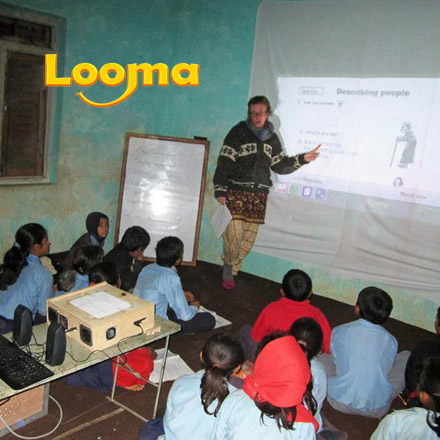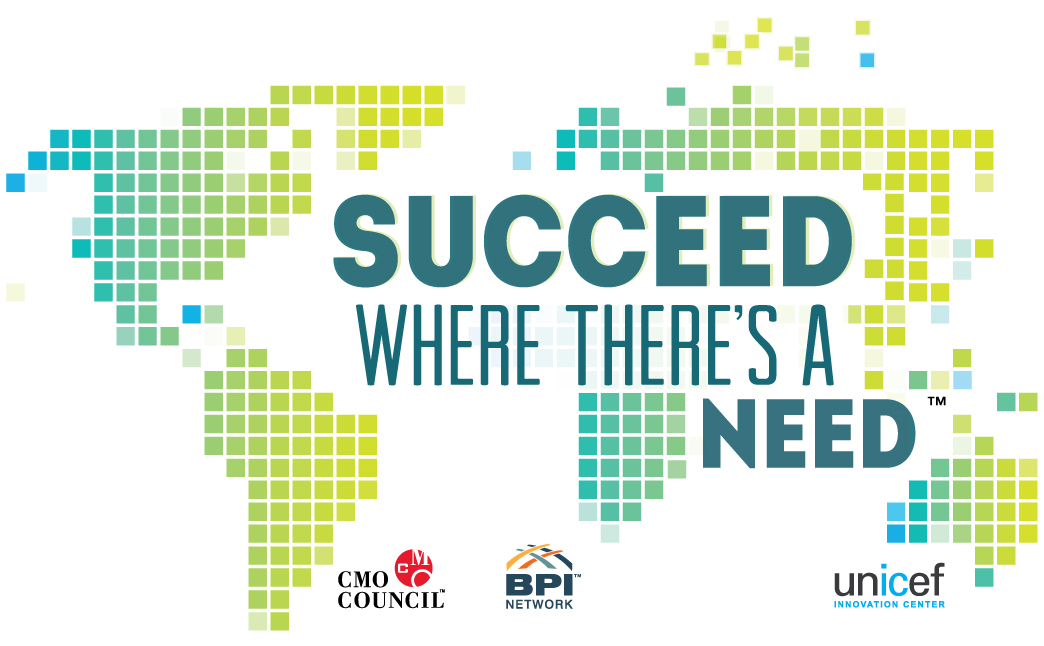Tech Inspirations
Looma
 Need
Need
There are 740 million illiterate people in the world and 250 million children of primary school age who lack basic reading and writing skills. Many schools in resource-limited developing nations lack the basic necessities to provide enhanced education, such as infrastructure, reliable electricity, access to Internet, and educational content, including textbooks. Recent attempts to integrate technology into the rural classroom have proven difficult due to the lack of Wi-Fi connectivity and high cost of acquisition and maintenance.
Succeed Many schools in resource-limited developing nations lack the basic necessities to provide enhanced education, such as infrastructure, reliable electricity, access to the Internet, and educational content, including textbooks. Recent attempts to integrate technology into the rural classroom have proven difficult due to the lack of Wi-Fi connectivity and high cost of acquisition and maintenance. In response to these needs, the NGO VillageTech Solutions is developing Looma, an affordable and low power audio-visual technology device which will provide an interactive window to the internet and access to educational content to village schools that have never seen electricity, computers, or in some cases, even books.
Looma is an interactive audio-visual projector that provides students and teachers with access to the Internet and educational material. The screen is controlled by a wand, much like an electronic whiteboard would be. What’s unique about Looma is that it’s a web browser, library, and electronic whiteboard all in one box! The Looma features interactive whiteboard capabilities, Internet connection over any mobile data network and Wi-Fi, online and offline educational content, web browsers, and local storage capabilities. 12-volt solar-rechargeable batteries power the system; meaning village schools that do not have grid power can still use Looma!
Success Story In order to ensure Looma's success, VillageTech Solutions (VTS) is working with partners to acquire relevant educational content as well as proper curriculum for target countries. Initial field trials will occur in Nepal and will feature educational content selected for this country. Because interest and training are as important as the device itself, VTS is working with partners to train educators on how to use the device in their classroom. The combination of the Looma system and key training partners will enable access to educational tools rural communities lack. VTS is currently seeking financial partners to join the Looma team and help put this powerful tool into the hands of students and teachers worldwide.
David and Haydi Sowerwine founded an NGO called EcoSystems Nepal in 1996 with the mission of providing safe, efficient and inexpensive transport and energy systems for the people of rural Nepal. The couple had arrived in Nepal in 1991 and discovered that simple technology solutions could be applied to solve the daily challenges faced by rural communities. This thought inspired the creation of the WireBridge--a human-powered river-crossing system, which has facilitated over 3 million trips across the deep river gorges in Nepal. In 2008, VillageTech Solutions (VTS) became the global umbrella organization for EcoSystems Nepal. In developing countries, many people struggle for basic facilities such as education, electricity, transportation and potable drinking water. Since its inception, VTS' mission is to address these daily challenges by focusing creative talent to develop affordable and relevant technology solutions that are easily adopted and operated, with the goal of improving the lives of rural communities in Nepal and other developing countries.



